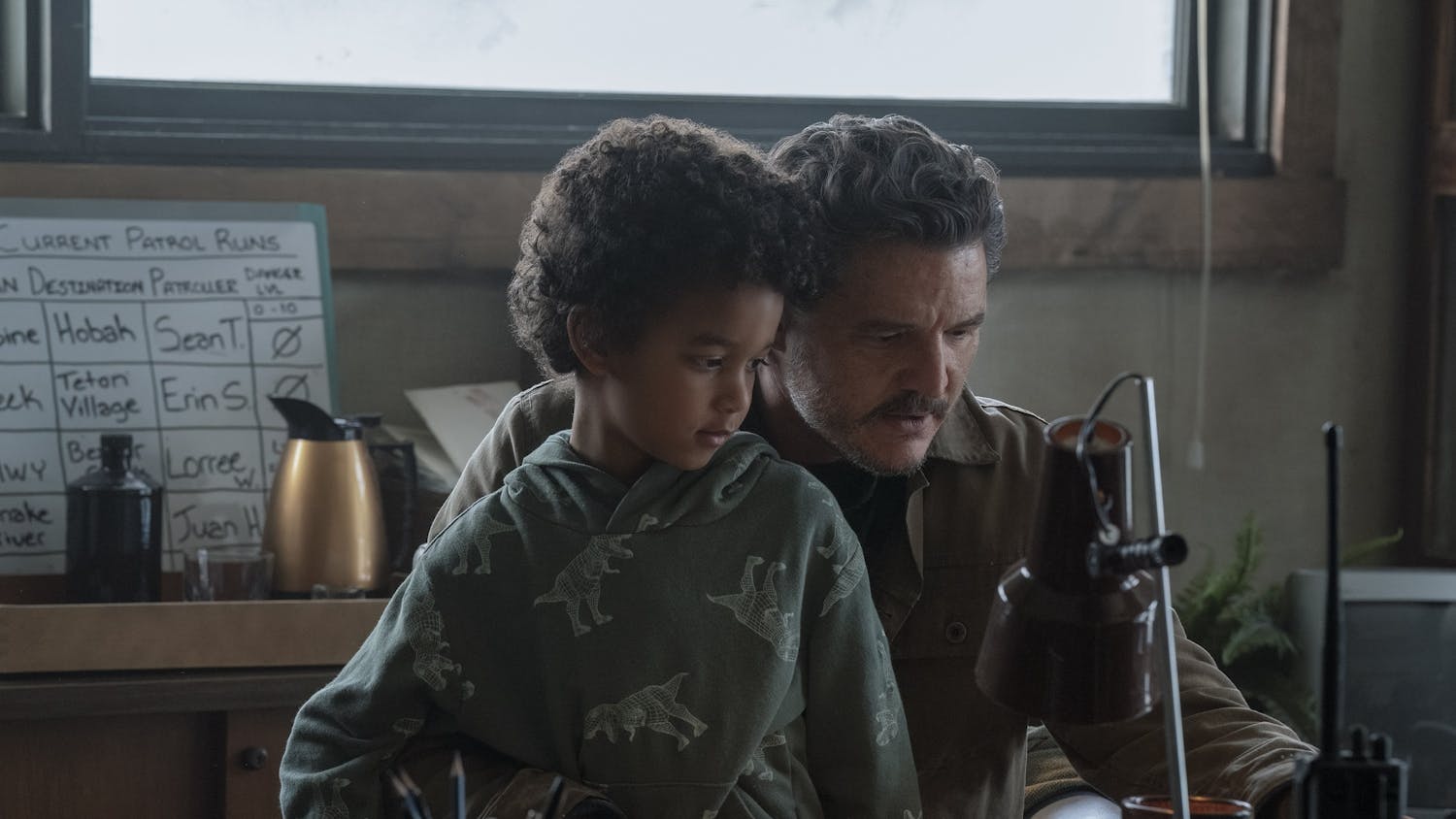The wait for Lana Del Rey’s eighth studio album, Blue Banisters, is over, and it’s her most insightful album yet.
The 36-year-old artist initially teased an album titled Rock Sweet Candy and set a release date for June. She delayed the release date before announcing that she would instead release Blue Banisters.
The album is Lana’s second release of the year, following Chemtrails Over the Country Club. Her previous work incorporated Americana folk roots to reflect on her controversial past. She scaled back on her famous grandiose performances in favor of minimalist, more intimate moments. Now, Rey is back to her usual standards of powerful tracks, both vocally and lyrically.
“Text Book” introduces Blue Banisters perfectly and carries over country aspects of her previous album. Speaking on her newfound self-love, Lana embraces it to address a past controversy involving the Black Lives Matter movement.
In a now-deleted Instagram post, the singer shared her thoughts on the music industry. She not only used this intro track to show her support for the organization, but she also used it to demonstrate how her new sense of empowerment translates to an era of activism.
The album’s title track features the common theme of the color blue. Blue symbolizes vulnerability and wisdom, which is what the singer demonstrates in regard to her love life. She sings, “Said he’d fix my weathervane / Give me children, take away my pain / And paint my banisters blue,” ultimately asking her former partner to give her this life in exchange for her vulnerability. By the end of the song, her sisters have helped her paint the banisters green, symbolizing that her lover did not come back. It’s one of the most introspective tracks that Rey has made, and it shows that she can be delicate and resilient.
Both “Dealer” and “Nectar of the Gods” are defining songs on the album. While most of the album is full of piano ballads, these tracks distinctively take a modern look at the blues genre. “Dealer” collabs with indie rock artist Miles Kane for an old-school jazz blues track on drug abuse. “Nectar of the Gods” differs greatly, using aspects of country blues to share her inner rebel with her partner. The tracks show Lana’s diversity and prove she can do more than just a pretty ballad.
In “Black Bathing Suit,” Rey shares her struggles during quarantine of being isolated and alone. She addresses the controversy that surrounded her weight gain during this time, singing “the only thing that still fits me is this black bathing suit,” and she reflects on her tough struggles with her family. The bundle of chaos that the singer explains just shows that even though she is a rebellious and complicated woman, she still wants to be loved just like anyone else. We may all have baggage, but that doesn’t mean we shouldn’t be loved.
“Violets for Roses” continues her newfound empowerment and tells the story of leaving an abusive relationship. She finally left her former partner after he made her trade “violets for roses.” This exchange symbolizes Rey, who associates the color blue with overall joy, trading happiness for love. She exudes confidence when singing, “Ever since I fell out of love with you, I fell back in love with me.” One of the more relatable tracks, it shows a different side of Rey, as she is usually stuck on a man who she knows isn’t good for her.
The most honest and vulnerable track on the album is “Wildflower Wildfire.” Lana shares the story of the abuse from her mother and how her father never intervened: “My father never stepped in when his wife would rage at me / So I ended up awkward but sweet / Later then hospitals, stand still on my feet / Comfortably numb, but with lithium came poetry.”
The singer has never before gone into detail about her childhood and how it affects how she is in relationships. It’s commendable that she is able to share such a traumatic event with her audience.
Lana Del Rey has always been an artist who is not afraid to share her struggles. She’s always been vulnerable, but through Blue Banisters, she was able to show yet another level of herself fans didn’t know was there. She embraced her past, her “blues” and proved she’s confident in both herself and the belief that she is worthy.
Vocally, lyrically and musically, this is Rey’s most diverse album yet.
Rating: 4.5/5






